
What the 'Summer of Outages' showed us, and what we can do about it
Summer 2019 was a rough one for the internet, with systemic outages occurring frequently and in quick succession.
Some of these outages were caused by internal errors, others external, but two overriding causes emerged: greater network complexity and the frequency and pace of code change. In aggregate, these outages serve as a painful reminder of just how fragile the internet is, especially as networks and services grow increasingly interconnected and co-reliant.

Facebook may know when you're having sex
Few people would argue with the assertion that Facebook knows a lot about its users. The social network is hard to avoid, but could it really know when you have sex?
The answer, it seems, is yes. This is not -- you'll be very pleased to hear -- because Facebook is listening to you or using your webcam to spy on you. Rather it is down to period-tracking apps. A study by Privacy International shows that a number of apps used to track menstrual cycles can share a huge amount of highly personal information with the social media company.
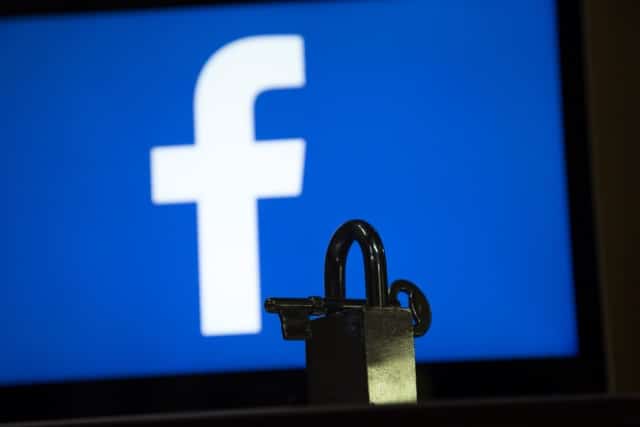
Massive Facebook leak exposes 419 million users' phone numbers
In its latest privacy lapse, Facebook has exposed the phone numbers of hundreds of millions of users on an unsecured server.
Databases on the server were not password-protected, and included details of 133 million US users, 50 million in Vietnam, and 18 million in the UK. In all 419 million records could be accessed by anyone looking in the right place.
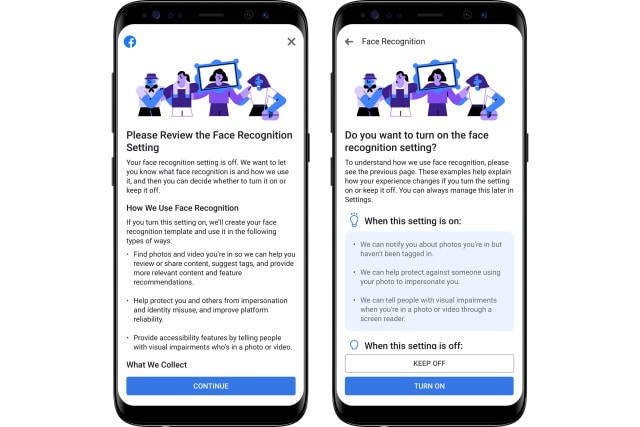
Facebook now lets you opt out of automatic facial recognition
Facebook has announced changes to its facial recognition feature as it rolls out globally. The feature is used to automatically identify and tag people in photographs uploaded to the social network.
Acknowledging concerns about privacy, the company is making it easier to opt out of the "Tag Suggestions" feature which was introduced to a subset of users back in 2017. Now known as Face Recognition, new users will be given the chance to opt out from the word go, while anyone who has (or had) Tag Suggestions enabled will be informed of the change and asked whether it should be on or off.
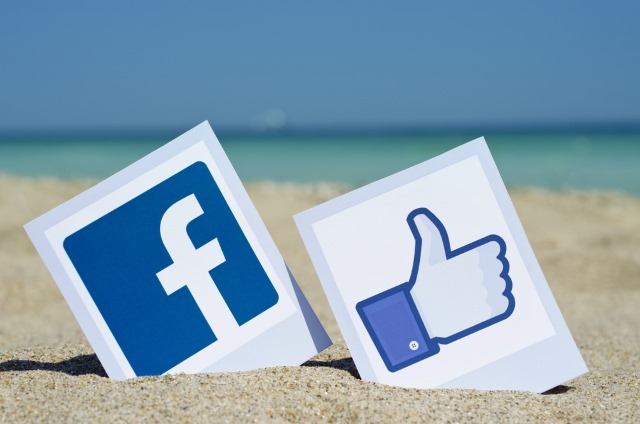
Facebook may hide Like counts
The Like button and its associated counter have become a quick and easy way to judge the popularity of Facebook posts and online content. But now the social network is considering hiding the Like counter.
Reverse engineering of the Facebook app revealed that Facebook is experimenting with the idea of keeping the number of Likes content has a secret, and it comes after the company introduced the same policy on Instagram.
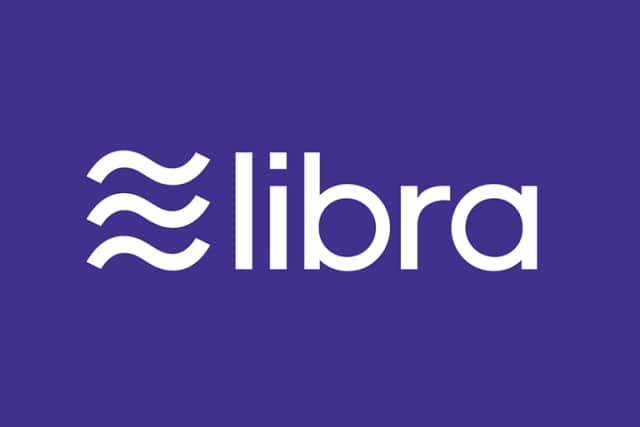
Libra Bug Bounty Program seeks to strengthen the security of Facebook's blockchain
Facebook's plans to venture into the world of cryptocurrencies has proved highly controversial, but the social media giant is plowing on regardless. The company and the partners it is working with on Libra have launched a public bug bounty program, offering pay-outs of up to $10,000 per bug.
Announced by the Libra Association, the aim of the Libra Bug Bounty Program is to "strengthen the security of the blockchain". The association wants to track down " security and privacy issues and vulnerabilities".
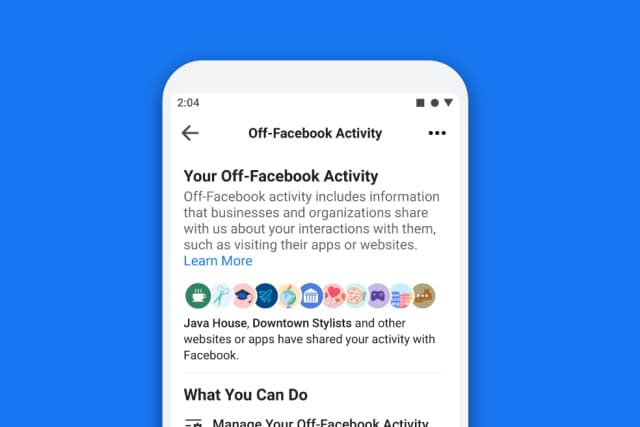
Facebook ups its privacy game (a bit) with new tool for users to control data shared by websites
Facebook has launched a new privacy tool, giving users the chance to see and control the data the social network collects about them from other websites.
Called Off-Facebook Activity, the new tool lets users restrict what is shared to Facebook by apps and websites. More than this, it enables Facebook users to sever ties between websites and the social network, with a view to limiting the personalization of ads on Facebook.
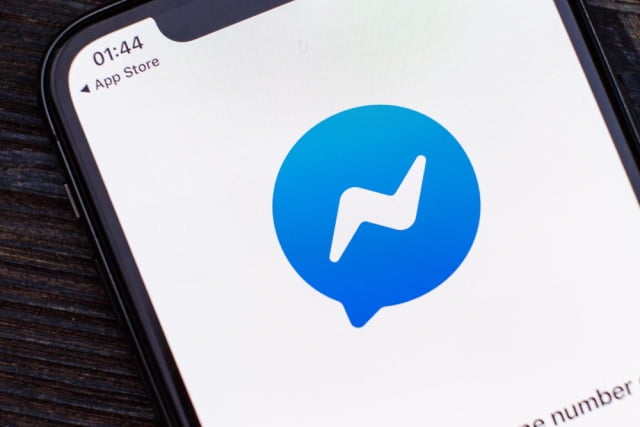
Facebook has been paying people to listen to your Messenger conversations
It probably comes as absolutely no surprise to anyone, but Facebook is just the same as Google, Amazon and Apple when it comes to listening in on your conversations -- the ones you thought (or at least hoped) were private.
Following a report from Bloomberg News, Facebook has confirmed that paid contractors have been listening to audio of conversations. The company says, however, that it has put the brakes on the practice -- for now, at least.
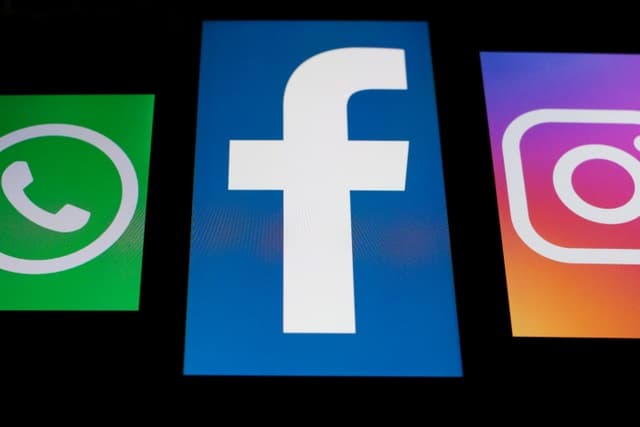
Facebook is renaming WhatsApp and Instagram
Being such globally recognized names, you would think that a rebranding of WhatsApp and Instagram would be a crazy exercise... but that's precisely what Facebook is doing.
In a move that is more than a little surprising -- and, many would argue, somewhat pointless -- the social networking giant is to rename the two products Instagram from Facebook and WhatsApp from Facebook. The renaming will make it clear that the company people love to hate is behind the chat and social networking tools.

EU says that websites with Facebook Like buttons are liable for private data sharing
The fingers of Facebook have spread like a cancer across the internet. Even people who have made the conscious decision to boycott the network find it near-impossible to completely avoid its reach thanks to the prevalence of Like buttons.
Now the Court of Justice of the European Union has ruled that websites with embedded Like buttons can be held responsible for the transmission of data to Facebook. This is a particularly important ruling due to the fact that Like buttons can be used to share information about site visitors without the need for the button to be clicked.

Fewer than three percent of people say they would try Facebook Libra for payments
Facebook announced last month that it was launching its own Libra cryptocurrency. But the results of a new survey suggest that the social network is struggling to gain consumer trust in its system.
Messaging app Viber surveyed 2,000 people in the US and UK and finds that fewer than three percent of Americans and only 1.4 percent in the UK say they would be willing to try Libra for payments.
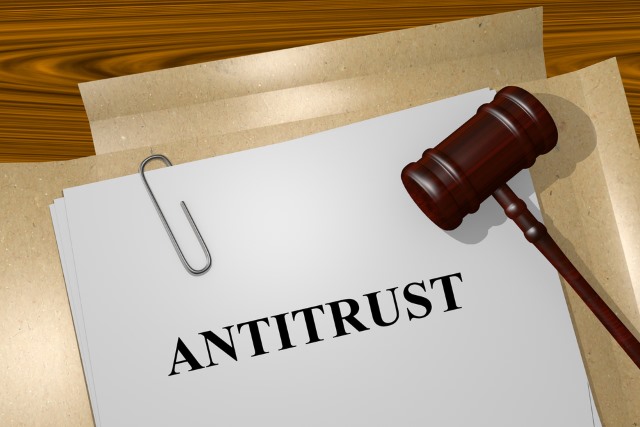
Department of Justice's Antitrust Division launches big tech investigation
Without naming any names, the Department of Justice has announced today that its Antitrust Division is to launch an investigation into the practices of "market-leading online platforms".
The probe comes amid concerns that the big names in technology are "engaging in practices that have reduced competition, stifled innovation, or otherwise harmed consumers". While the DoJ has not officially named any of the companies it is planning to look into as part of its investigation, the likes of Facebook, Google (or Alphabet) and Amazon are likely to feature prominently.
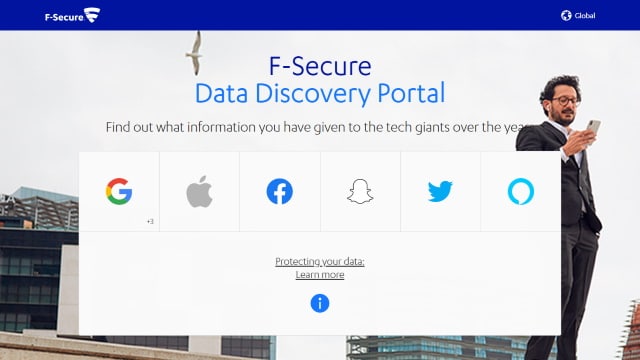
F-Secure's Data Discovery Portal reveals what the big tech companies know about you
In an age where people want -- even expect -- everything for free, particularly online, the price we pay for using various services is our privacy. Social networks are obvious collectors of personal data, but it doesn't end there... and who really knows what information has been collected about them over the years?
This is what F-Secure hopes to cast a light on with its new Data Discovery Portal which aims to "expose the true cost of using some of the web's most popular free services". It covers Amazon, Apple, Facebook, Google, Snapchat and Twitter.
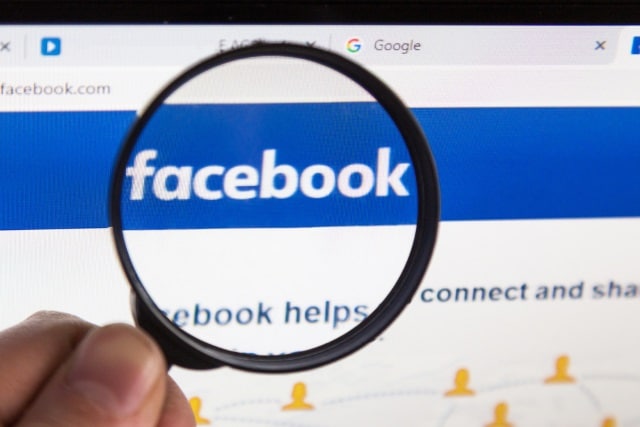
FTC to fine Facebook $5 billion for Cambridge Analytica privacy violations
The Federal Trade Commission has voted to hit Facebook with a $5 billion fine for privacy violations relating to the Cambridge Analytica scandal. While this is the largest fine ever handed out by the FTC, the impact on Facebook's coffers is going to be minimal; this is how much revenue the company generates in a month.
Although the fine has not been officially confirmed -- and neither the FTC nor Facebook are commenting on the matter -- a Friday vote on the fine is said to have gone 3-2 in favor of approving it. The size of the penalty has been described variously as a "parking ticket" and "barely a tap on the wrist". Democrat Senator Ron Wyden reacted by saying: "No level of corporate fine can replace the necessity to hold Mark Zuckerberg personally responsible for the flagrant, repeated violations of Americans' privacy".

Facebook will pay you to gather information from you
That Facebook gathers personal information from its users should come as no surprise -- it could be argued that it is the social network's raison d' être. Following numerous privacy scandals, and the controversial (and since-closed) Research and Onavo programs, Facebook is now ready to be open about its data collection, and is even willing to pay people for this.
The new "Study from Facebook" app gives Facebook users the chance to volunteer to share information about their app usage -- and get paid for divulging this information. Sound good to you?
